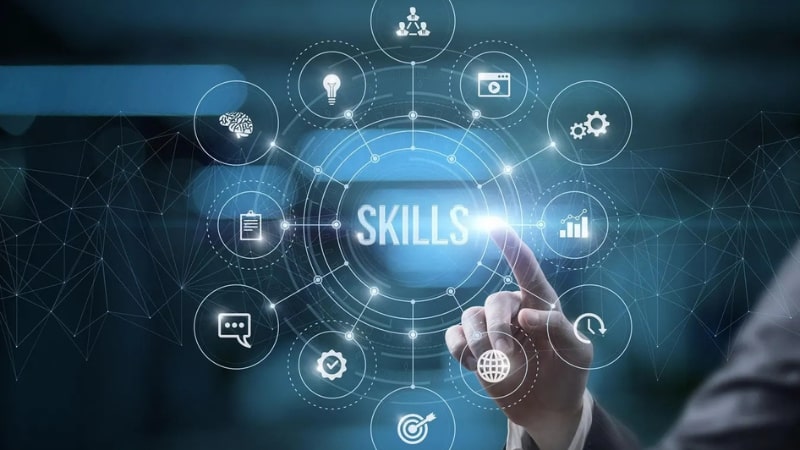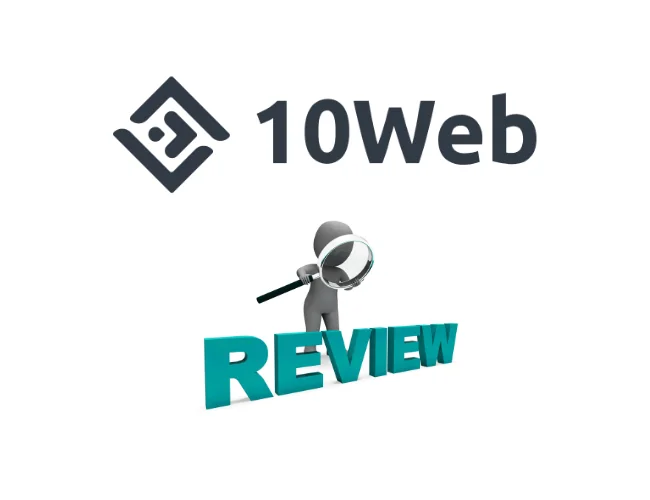
In an ever-changing world, education and skill-building have become crucial for personal and professional growth. As industries evolve and technology advances, the skills you develop can define your success. Whether you’re a student, professional, or lifelong learner, focusing on building the right skills can help you stay ahead in your field and seize new opportunities. In this article, we’ll explore 10 essential skills to master for success in 2024.
Table of Contents
- Digital Literacy
- Critical Thinking
- Emotional Intelligence
- Adaptability
- Communication Skills
- Problem-Solving
- Leadership Skills
- Time Management
- Collaboration
- Creativity
Introduction
Building essential skills for the future is not only about keeping up with trends but also about shaping a successful career. From digital literacy to emotional intelligence, these 10 skills will empower you to face new challenges and maximize your potential in 2024.
Digital Literacy
In a technology-driven world, being proficient in digital tools and platforms is non-negotiable. Digital literacy goes beyond knowing how to use a computer; it encompasses understanding how digital tools impact communication, productivity, and problem-solving.
Features:
- Enhances career opportunities
- Boosts efficiency and productivity
- Increases adaptability to new technologies
- Improves digital communication
- Empowers you in a tech-driven world
Becoming digitally literate ensures you’re prepared for the future workplace.
Critical Thinking
Critical thinking is the ability to analyze information objectively and make reasoned judgments. It allows you to navigate complex problems and make informed decisions based on facts and logic rather than emotions or assumptions.
Features:
- Strengthens decision-making
- Enhances problem-solving skills
- Encourages logical and strategic thinking
- Boosts innovation and creativity
- Helps identify and avoid biases
A critical thinker can navigate challenges with confidence and clarity.
Emotional Intelligence
Emotional intelligence (EQ) refers to the ability to understand and manage your own emotions while also empathizing with others. High EQ is linked to better interpersonal relationships and leadership skills, which are valuable in both personal and professional settings.
Features:
- Improves teamwork and collaboration
- Enhances leadership capabilities
- Reduces stress and improves mental well-being
- Strengthens communication skills
- Builds better relationships with peers and colleagues
Emotional intelligence is key to thriving in a team-oriented environment.
Adaptability
The ability to adapt to changing environments and challenges is one of the most valuable skills in the modern world. Whether it’s adapting to new technology, changes in the workplace, or shifting industry trends, being adaptable ensures you stay relevant and effective.
Features:
- Increases resilience in the face of change
- Improves ability to learn new skills
- Enhances problem-solving in dynamic situations
- Boosts career longevity and relevance
- Encourages a growth mindset
In a fast-paced world, adaptability is crucial for long-term success.
Communication Skills
Effective communication—whether verbal, written, or non-verbal—is fundamental to building strong relationships and achieving success. It allows you to express your ideas clearly, collaborate with others, and resolve conflicts efficiently.
Features:
- Strengthens professional relationships
- Improves teamwork and collaboration
- Enhances clarity and efficiency in delivering messages
- Helps resolve conflicts and misunderstandings
- Increases influence and persuasion
Strong communication skills set you apart in any field.
Problem-Solving
Being able to identify problems, analyze potential solutions, and implement effective fixes is a vital skill in any profession. Problem-solving requires creativity, patience, and critical thinking to come up with the best course of action in any given situation.
Features:
- Encourages innovation and creativity
- Enhances productivity and efficiency
- Builds confidence in tackling challenges
- Improves analytical and logical thinking
- Adds value to teams and organizations
Master problem-solving to become a reliable and resourceful leader.
Leadership Skills
Leadership is about more than just managing a team; it’s about inspiring others, making decisions, and guiding a group toward a common goal. Developing strong leadership skills can set you apart in your career, even if you’re not in a traditional leadership position.
Features:
- Enhances influence and decision-making
- Improves team dynamics and collaboration
- Boosts problem-solving and strategic thinking
- Strengthens your ability to motivate others
- Builds resilience and confidence
Good leaders inspire others to do their best.
Time Management
Managing your time efficiently ensures that you stay productive and avoid burnout. Effective time management involves prioritizing tasks, setting realistic goals, and using tools to keep track of your progress. Mastering this skill is essential in today’s fast-paced world.
Features:
- Increases productivity and efficiency
- Reduces stress and anxiety
- Improves focus on priorities
- Enhances work-life balance
- Boosts goal achievement
Mastering time management ensures you accomplish more with less stress.
Collaboration
Being able to work well with others, whether in person or remotely, is crucial in modern workplaces. Strong collaboration skills allow you to contribute to a team, leverage others’ strengths, and achieve collective goals efficiently.
Features:
- Enhances team productivity
- Strengthens interpersonal relationships
- Improves creativity and innovation through diverse input
- Encourages problem-solving as a team
- Fosters a positive work environment
Collaborating effectively makes you a valuable team player.
Creativity
Creativity isn’t just for artists—it’s a crucial skill for problem-solving, innovation, and adaptability in every field. Whether it’s coming up with new ideas, improving processes, or finding innovative solutions, creativity keeps you ahead of the curve.
Features:
- Encourages innovation and new ideas
- Boosts problem-solving abilities
- Improves adaptability to change
- Enhances productivity and efficiency
- Inspires others and promotes collaboration
Unlock your creative potential to drive innovation in your field.
Explore these skills and equip yourself for the future of work.
Conclusion
Building the right skills for success in 2024 is essential in an ever-evolving world. Whether it’s digital literacy, problem-solving, or emotional intelligence, mastering these skills will help you thrive in both your personal and professional life. As industries continue to change, focusing on skill-building will ensure you remain competitive and capable of seizing new opportunities. Take the time to invest in yourself and build these essential skills today.
FAQs
What are the most important skills to build for the future?
Developing digital literacy, critical thinking, and emotional intelligence are some of the top skills for future success.
How can I improve my adaptability?
To improve adaptability, be open to learning, embrace challenges, and stay updated on industry trends.
Why is emotional intelligence important?
Emotional intelligence helps you manage your emotions, build stronger relationships, and work effectively with others, making it crucial for both personal and professional success.
How can I strengthen my problem-solving skills?
Strengthen problem-solving skills by practicing critical thinking, brainstorming solutions, and analyzing past challenges to improve future outcomes.
What is the best way to manage time effectively?
Prioritize tasks, set clear goals, and use productivity tools like calendars or time-tracking apps to manage your time efficiently.





